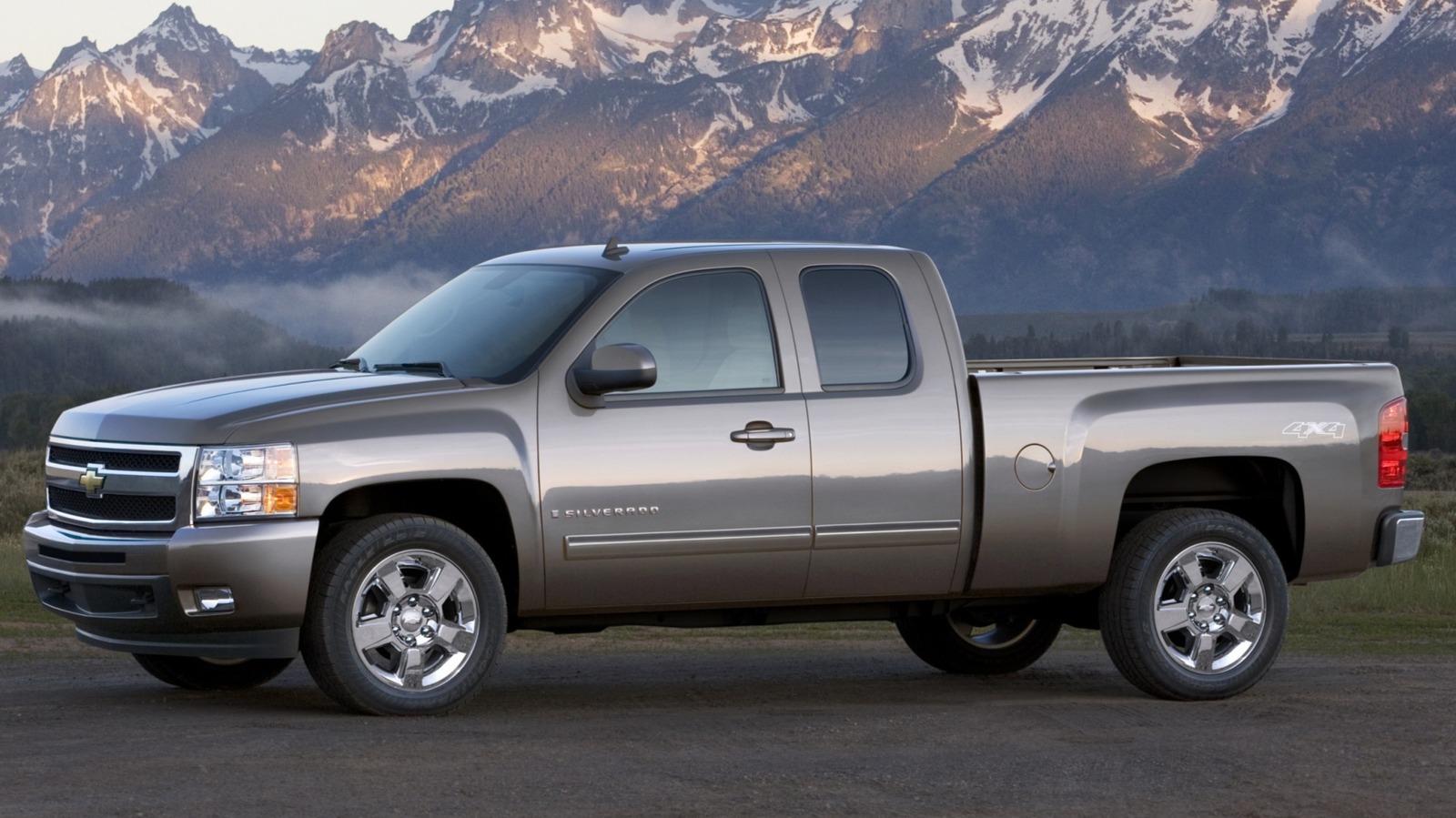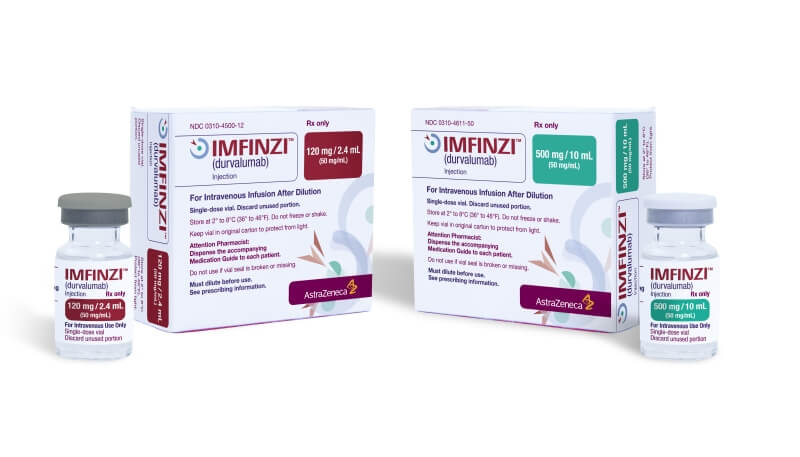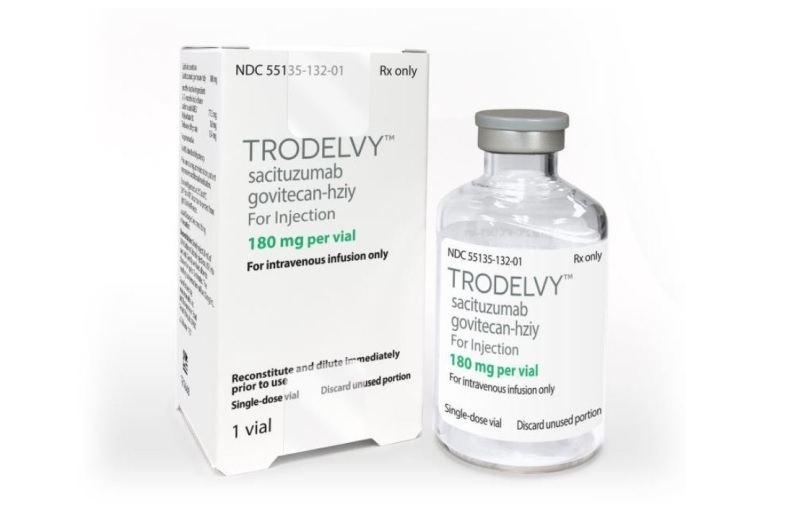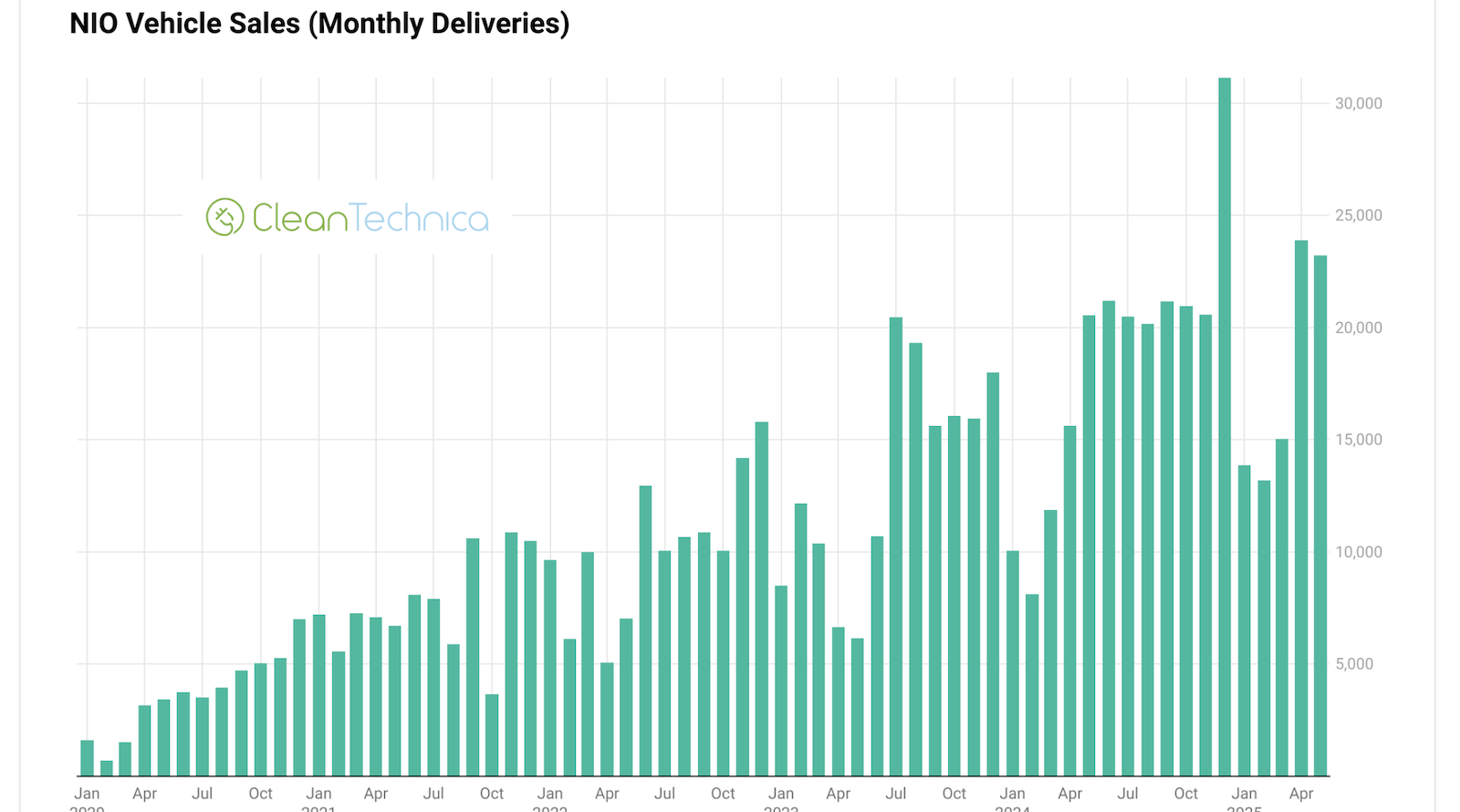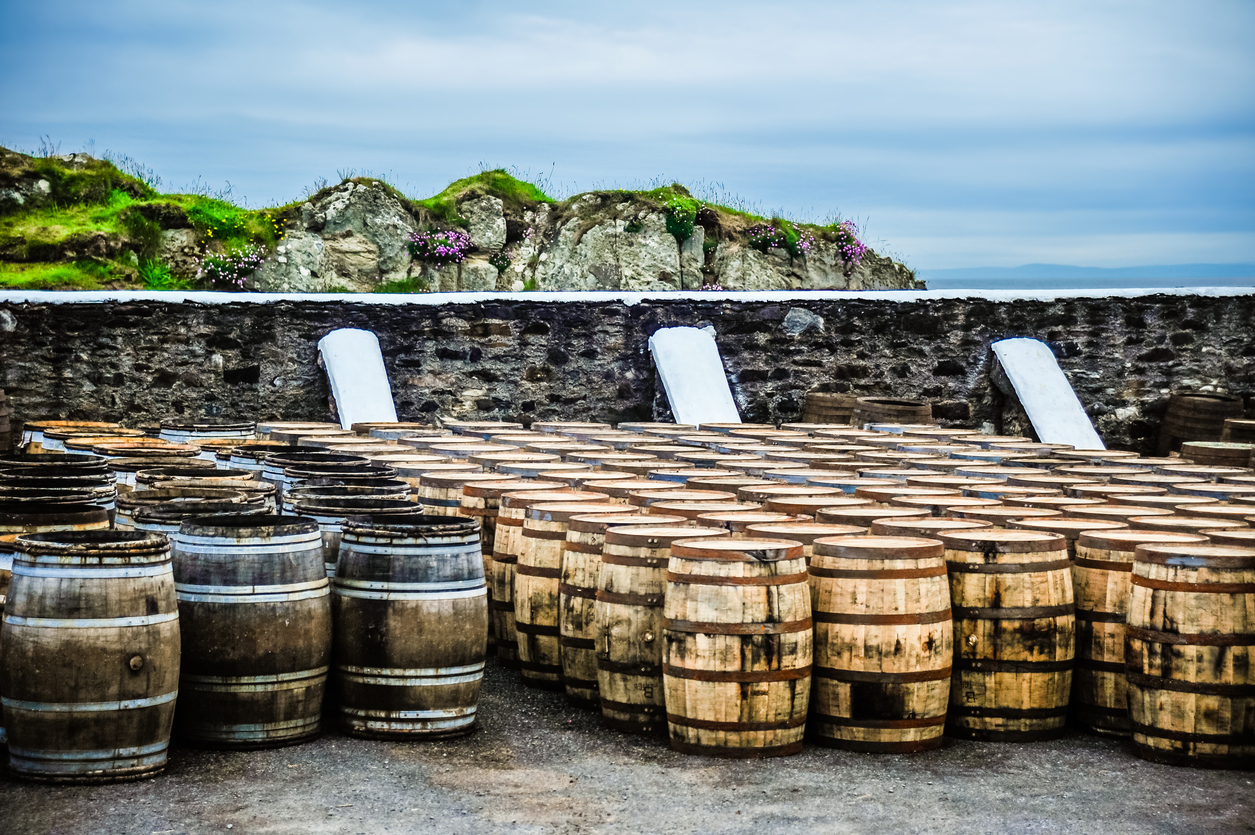While British beer is rooted in locally sourced barley and water, the sourcing of hops and other ingredients reveals a reliance on global trade, as sustainability pressures and Brexit shake up the supply chain.
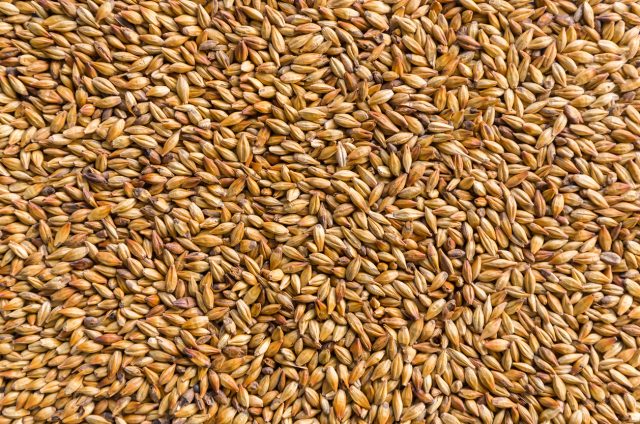
In the world of British beer, the connection between local farms and the final pint poured in pubs or on tap is a story of tradition and evolution. While barley, the primary brewing grain, remains overwhelmingly British, the industry's growing thirst for hops and other ingredients tells a different tale, one of international sourcing and the impact of global trade, sustainability initiatives and Brexit.
For centuries, barley has been the heart of British beer. According to
DEFRA, in 2023, the UK harvested approximately 7 million tonnes of barley, with 1.8 million tonnes earmarked for malting. Much of this remains within the UK, where domestic maltsters process it into 1.5 million tonnes of malt annually, fulfilling the needs of major brewers like Marston’s and Molson Coors.
Brewing barley in the UK is not merely a local industry; it is a significant part of the agricultural economy. The value of the barley crop in 2023 was around £1.35 billion, with a vast majority of it used within the UK for brewing. Yet, quality remains paramount. British brewers often seek out specific varieties like Maris Otter and Golden Promise for their distinctive qualities, as craft brewers continue to prioritise quality over cost, even if it means higher prices. Though a weakened pound since 2016 has driven up the cost of imported ingredients, local malt remains the foundation of many UK beers, especially in larger brews.
Hops
While barley's role in British brewing remains predominantly local, the same cannot be said for hops, the ingredient that imparts beer with its characteristic bitterness and aroma. Today, UK hop acreage is just 800 hectares, with much of the crop concentrated in Kent, Sussex, and Herefordshire (Hop Growers UK, 2024). These hops, while integral to some traditional British ales, make up only a fraction of the demand. The rest, about 90% of the hops used in the UK, are imported, with top suppliers including the United States, Germany and New Zealand.
In 2023, the UK imported hops worth £38.5 million, largely from the US (US$20 million), followed by Germany (£7.7 million) and Australia (£2.5 million). For brewers making modern beers, particularly IPAs, these imported hops are essential to achieving the fruity, citrusy notes that the global craft beer market craves. Despite efforts to promote home-grown hops through Buy British campaigns, these imports dominate the hop industry, and recent reports indicate that UK hop farms have “halved since 2011” (SIBA 2024).
Water, yeast and other essential ingredients
Other key ingredients, water, yeast and adjuncts, tell a different story. Water, which constitutes around 90% of beer, is sourced locally from municipal systems or boreholes, often tailored to regional styles like the famed Burton water used in pale ales. Similarly, yeast is mostly cultured by specialist labs, with brewers purchasing from companies like Lallemand or White Labs. However, even here, sustainability concerns are growing. Yeast cultivation is energy-intensive, prompting some breweries to explore low-energy propagation techniques.
In terms of adjuncts and flavourings, British breweries are increasingly relying on both domestic and international sources. Wheat and oats are grown in the UK, and British honey is a prized ingredient in craft beers like Farr Brewery’s Honey Porter. Yet, many other flavourings, such as tropical fruits, spices, and coffee, are inevitably imported. The UK's growing appetite for tropical fruit IPAs is met by imports of mango, passionfruit, and other less-familiar flavours from countries across the globe.
Sustainability and the push for local sourcing
With the rise of environmental concerns, breweries are reassessing their ingredient sourcing. Trade associations such as the Society of Independent Brewers (SIBA) and the
British Beer & Pub Association (BBPA) are urging brewers to prioritise local sourcing to reduce their carbon footprints. As sustainability becomes a bigger issue in the industry, practices like using locally sourced hops and regenerative agricultural practices are being championed.
Some innovative breweries, like Farr Brewery, have forged partnerships with local farms to grow barley and hops, reducing both transportation emissions and the carbon impact of importing ingredients. Others are rethinking their use of spent grains, which are often repurposed as animal feed. Yet, while there is growing momentum toward a more sustainable model, most British breweries continue to rely on the global supply chain for ingredients like hops, sugar and coffee.
Brexit
Brexit has further complicated ingredient sourcing. The UK's departure from the EU has resulted in increased red tape and customs checks for the importation of ingredients like hops and yeast. Even without the imposition of tariffs on agricultural products, the increased administrative burden has led to longer delivery times and higher costs for brewers (DCU Brexit Institute, 2024).
Yet, Brexit has also presented opportunities for UK brewers. The UK–EU trade deal preserves the zero-tariff status for agricultural products, but the lack of a fully free trade environment continues to present challenges. As the UK negotiates new trade deals outside the EU, brewers are keenly aware of the impact that these agreements will have on the cost and availability of ingredients. In the meantime, initiatives such as Grain to Glass, led by the BBPA, encourage local sourcing where possible.
While British barley remains a fundamental pillar of the industry, hops and other flavourings continue to rely heavily on international sources. As the industry moves towards more sustainable practices and responds to the challenges of Brexit, local sourcing of ingredients is likely to increase. But for now, the future of British beer remains deeply interconnected with the world beyond its borders.
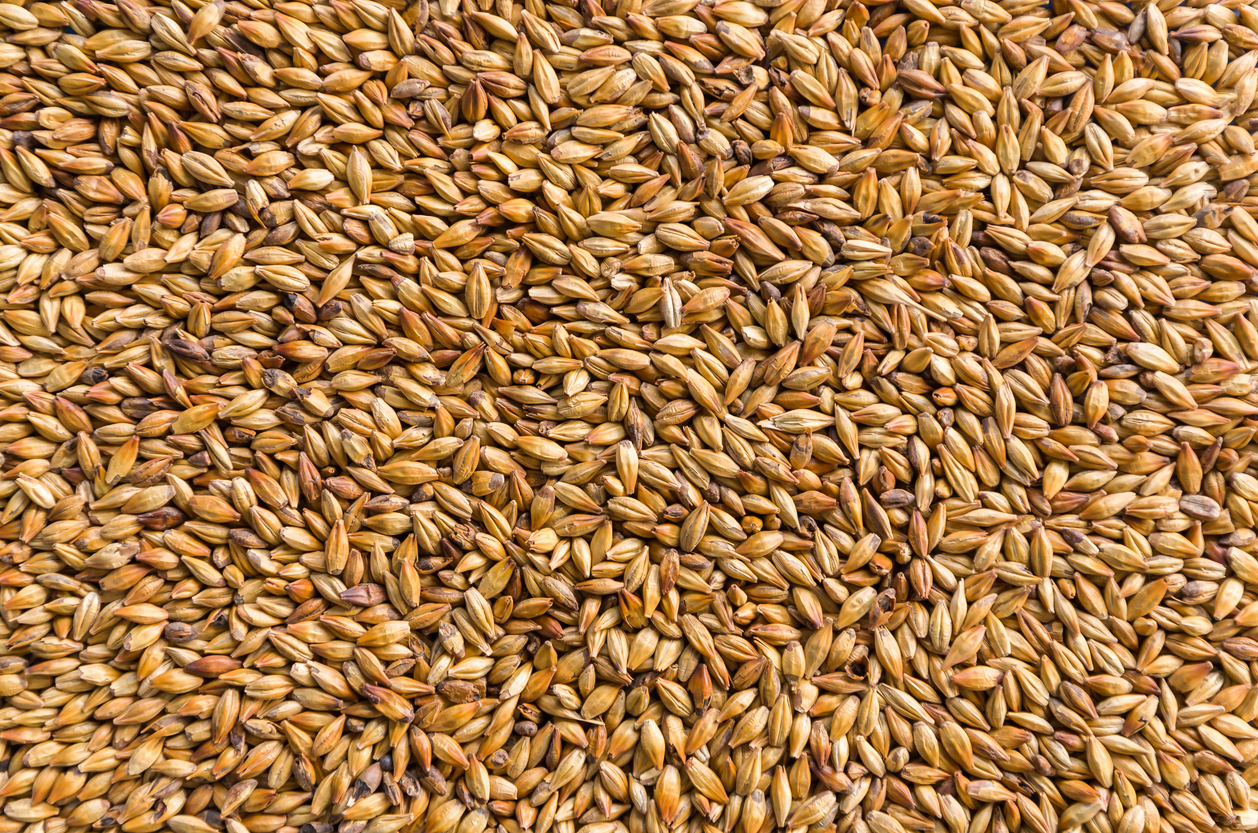
 In the world of British beer, the connection between local farms and the final pint poured in pubs or on tap is a story of tradition and evolution. While barley, the primary brewing grain, remains overwhelmingly British, the industry's growing thirst for hops and other ingredients tells a different tale, one of international sourcing and the impact of global trade, sustainability initiatives and Brexit.
For centuries, barley has been the heart of British beer. According to DEFRA, in 2023, the UK harvested approximately 7 million tonnes of barley, with 1.8 million tonnes earmarked for malting. Much of this remains within the UK, where domestic maltsters process it into 1.5 million tonnes of malt annually, fulfilling the needs of major brewers like Marston’s and Molson Coors.
Brewing barley in the UK is not merely a local industry; it is a significant part of the agricultural economy. The value of the barley crop in 2023 was around £1.35 billion, with a vast majority of it used within the UK for brewing. Yet, quality remains paramount. British brewers often seek out specific varieties like Maris Otter and Golden Promise for their distinctive qualities, as craft brewers continue to prioritise quality over cost, even if it means higher prices. Though a weakened pound since 2016 has driven up the cost of imported ingredients, local malt remains the foundation of many UK beers, especially in larger brews.
In the world of British beer, the connection between local farms and the final pint poured in pubs or on tap is a story of tradition and evolution. While barley, the primary brewing grain, remains overwhelmingly British, the industry's growing thirst for hops and other ingredients tells a different tale, one of international sourcing and the impact of global trade, sustainability initiatives and Brexit.
For centuries, barley has been the heart of British beer. According to DEFRA, in 2023, the UK harvested approximately 7 million tonnes of barley, with 1.8 million tonnes earmarked for malting. Much of this remains within the UK, where domestic maltsters process it into 1.5 million tonnes of malt annually, fulfilling the needs of major brewers like Marston’s and Molson Coors.
Brewing barley in the UK is not merely a local industry; it is a significant part of the agricultural economy. The value of the barley crop in 2023 was around £1.35 billion, with a vast majority of it used within the UK for brewing. Yet, quality remains paramount. British brewers often seek out specific varieties like Maris Otter and Golden Promise for their distinctive qualities, as craft brewers continue to prioritise quality over cost, even if it means higher prices. Though a weakened pound since 2016 has driven up the cost of imported ingredients, local malt remains the foundation of many UK beers, especially in larger brews.









